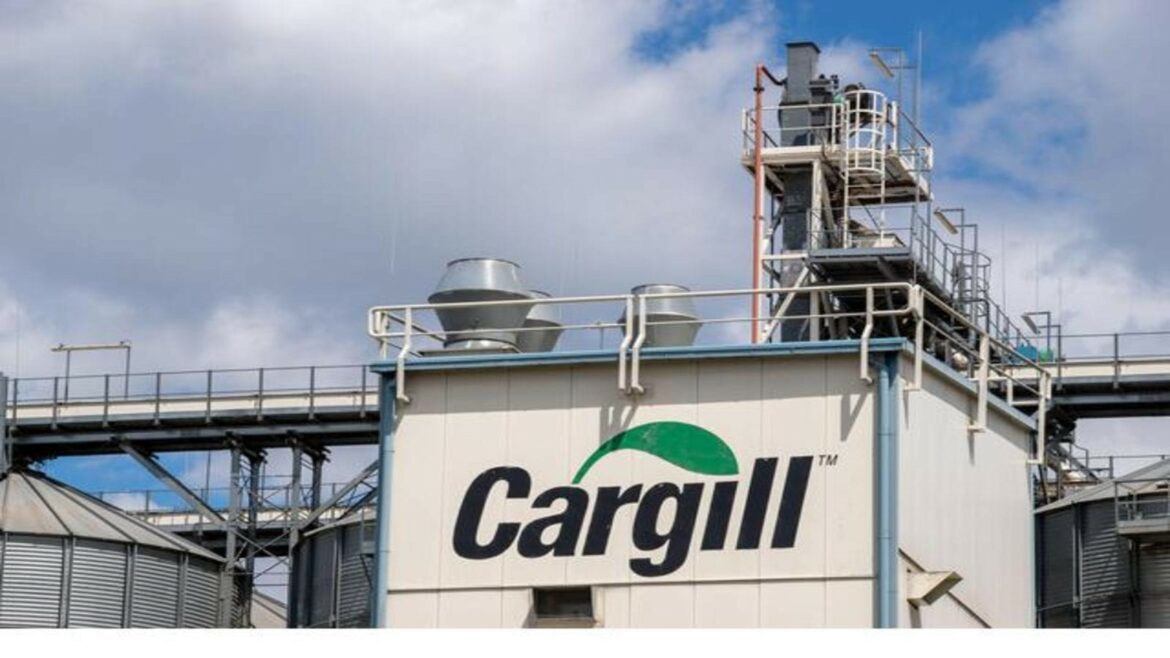Inyange Industries Ltd, Rwanda’s largest agro-processing firm, is setting up a milk powder factory with an estimated $45 million (about Rwf48 billion) investment, in Nyagatare District, Eastern Province, which is expected to start production in May 2023.
The development is expected to help transform the country’s dairy sector, according to industry players.
The plant will have the capacity to process 500,000 litres of milk in liquid form into 50,000 kilogrammes (50 tonnes) of milk powder a day – because 10 litres of liquid milk will be producing one kilogramme of milk powder. With that, its annual capacity will be around 15,000 tonnes of milk powder.
According to information from the Ministry of Agriculture and Animal Resources, the marketing plan includes securing an off-take contract from Africa Improved Foods (AIF) – a local notorious food manufacturer – for 2,000 tonnes annually.
However, the ministry indicated that over 80 per cent would be exported to neighbouring countries in the East African Community (EAC), Common Market for Eastern and Southern Africa (COMESA), and the Middle East, where there is more demand than supply can meet.
In an interview with The New Times’ Emmanuel Ntirenganya, Inyange Industries Ltd Managing Director, James Biseruka talked about the significance of the factory, and how it will spur dairy industry growth, including ensuring a ready market for dairy farmers’ milk produce.
Here are the excerpts:
What implications does this factory have on the country’s livestock sector and its economy in general?
This factory has a very huge impact. First, it will increase Inyange’s processing capacity to almost a million litres a day. That means almost Rwf9 billion that will be going to farmers per month, as the minimum price to a farmer is Rwf300 a litre.
It is understandable that such an amount has a very big impact on our dairy farmers in terms of development.
Second, the biggest part of the milk power we will be producing will be for export. It will therefore generate foreign exchange revenues for the country.
There are many countries that do not have milk and need powdered milk which they turn into liquid form by adding water to it for consumption.
Again, dairy farmers will get a reliable market for their milk production, which is not on and off as it has been the case where there is a lot of milk during the rainy season, but there is a shortage during the dry spell. But, when they have the consistency of a stable market, it will be a motivation for the dairy farmers to increase milk yield.
Still, we are going to have operations in all districts. Currently, we have had limitations based on the processing capacity we had. There are 132 milk collection centres (MCCs in Rwanda). We want to work with all the MCCs, and by doing so, I hope that the milk supply we need will be achieved.
We are mobilising dairy farmers, and we started by signing contracts with 352 cattle keepers in Nyagatare District.
The dairy farmers we selected are those whose cows produce at least 50 litres of milk a day. And, we considered how we can support them and raise the production to at least 500 litres a day.
We also want to go to other parts of the country, including Gishwati in the Western Province, so that we sign contracts with cattle keepers on milk supply and increasing yield.
You talked about the export market being the largest target for the milk powder from the factory. What potential does the international market have?
There is a huge opportunity. There are many African countries that use reconstituted milk – the liquid milk obtained by adding water to milk powder. Kenya, Egypt, and Asian countries need powdered milk.
And what is good about powdered milk is that it is a commodity, it is like petroleum. So, you monitor prices in the international market, and you can devise strategies on how you can be competitive in the market.
There is Africa Improved Foods which has been importing milk powder abroad. That is also a market opportunity.
We also have to maintain quality. We have to maintain good quality products, complying with international standards, and the needed specifications in the international market.
That is what we focused on in the factory machines that we bought so that we can be competitive in the market.
There is a concern that dairy farmers in Gicumbi District might not get a ready market for their milk production after the plan to set up a milk powder factory in the district was shelved. Will the factory in Nyagatare address such a concern?
As Inyange, we will continue to buy their milk as we have been doing so. Currently, we buy about 70,000 litres of milk from Gicumbi dairy farmers.
The factory will pay them money for their milk. And, they are among the people we encourage to increase milk volume.
From Newtimes
